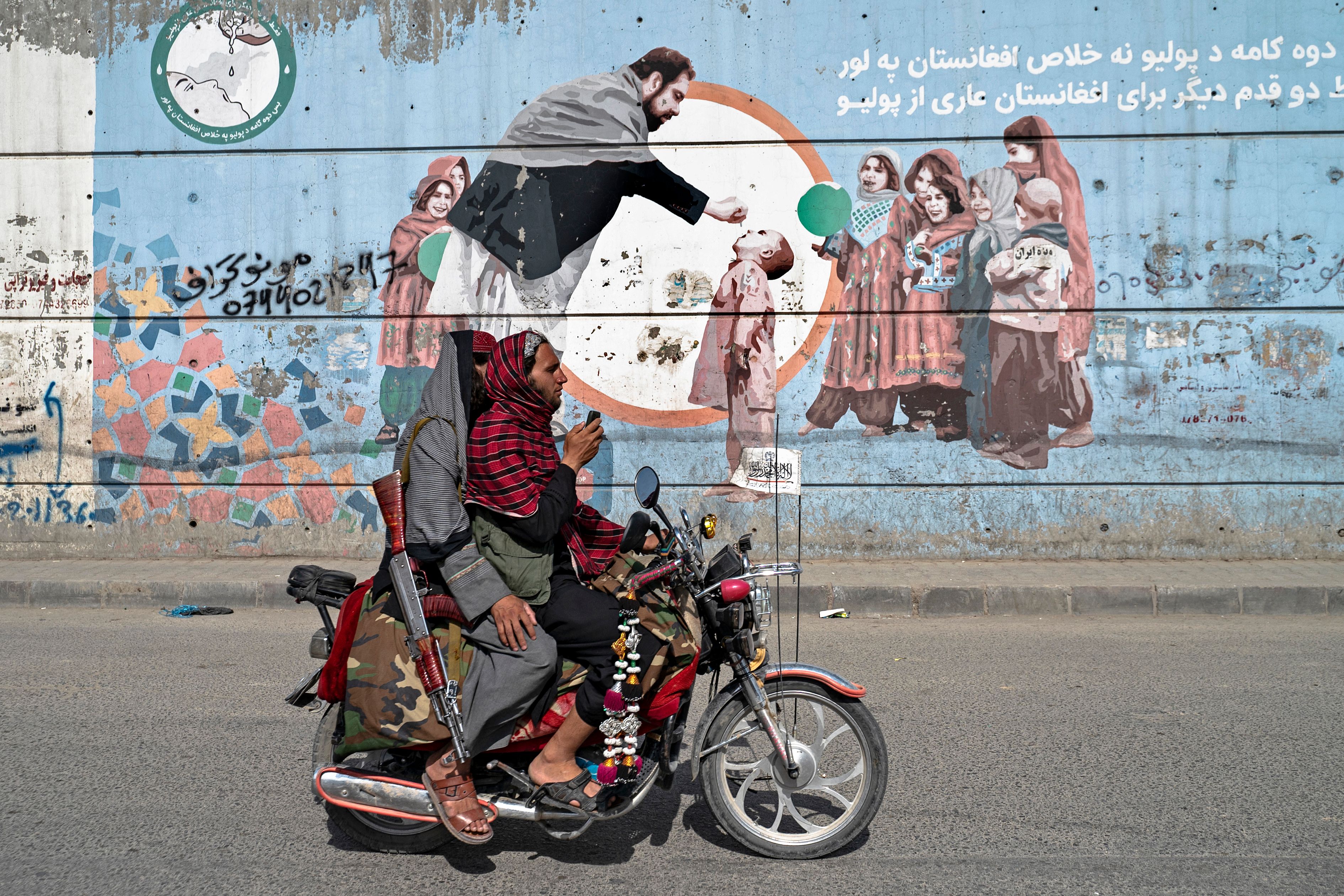Over 1,000 Afghan civilians killed in violence under Taliban rule, says UN
At least 3,774 civilian casualties recorded since mid-August 2021 till the end of May this year

Your support helps us to tell the story
From reproductive rights to climate change to Big Tech, The Independent is on the ground when the story is developing. Whether it's investigating the financials of Elon Musk's pro-Trump PAC or producing our latest documentary, 'The A Word', which shines a light on the American women fighting for reproductive rights, we know how important it is to parse out the facts from the messaging.
At such a critical moment in US history, we need reporters on the ground. Your donation allows us to keep sending journalists to speak to both sides of the story.
The Independent is trusted by Americans across the entire political spectrum. And unlike many other quality news outlets, we choose not to lock Americans out of our reporting and analysis with paywalls. We believe quality journalism should be available to everyone, paid for by those who can afford it.
Your support makes all the difference.More than 3,700 casualties, including 1,095 civilian deaths due to violence, have been recorded in Afghanistan after the Taliban took over the control of the country, the United Nations said on Tuesday.
The toll of civilians killed and wounded despite being in thousands has come down in comparison with the previous years of war and insurgency.
At least 3,774 civilian casualties have been recorded since mid-August 2021 till the end of May this year, a new report by the UN mission in Afghanistan (UNAMA) showed.
However, the UN report added that Afghanistan saw “a significant number” of deaths resulting from attacks never claimed by any group or the UN mission could not attribute to any unit, but did not provide an estimated or exact number for those fatalities.
In 2020, a total of 8,820 civilian casualties, including 3,035 deaths, were recorded, the UN report from the corresponding year showed.
The UN report this year pointed out that three-quarters of the attacks since the Taliban seized power were carried out by improvised explosive devices in “populated areas, including places of worship, schools and markets”. These attacks killed 92 women and 287 children under the hardline Islamist regime.
It added that the majority of the IED attacks were carried out by the Taliban’s arch rival in the region and affiliate of the Islamic State group – known as the Islamic State in Khorasan Province.
There is also concern about "the lethality of suicide attacks" since the Taliban takeover, with fewer attacks causing more civilian causalities, the report said.
These attacks come at a time Afghanistan is reeling under a nationwide financial and economic crisis.
As the country struggles with a sharp dip in donor funding since the takeover, victims are struggling to get access to "medical, financial and psychosocial support" under the current Taliban-led government, the report said.
There should be an immediate halt to these attacks, the UNAMA has demanded, adding that the de facto authority of the Taliban is now responsible for the safety of the country’s population.
Responding to the report, the Taliban’s foreign ministry has said that the situation has gradually improved after the group took control from the US and Nato authorities in 2021.
It claimed that the Taliban took control of Afghanistan when it was "on the verge of collapse" and that they "managed to rescue the country and government from a crisis" by making sound decisions and through proper management.
"Security has been ensured across the country," the statement said, adding that the Taliban consider the security of places of worship and holy shrines, including Shiite sites, a priority.
The Taliban has rolled out harsh rules resulting in gender persecution by banning education of girls after the sixth grade and eliminated the presence of women from public life and most work. The regime has also barred women from working for nongovernmental organisations and the UN, effectively hampering the aid for millions.
This is despite the group’s initial promises of a more moderate administration after it took control of Kabul.




Join our commenting forum
Join thought-provoking conversations, follow other Independent readers and see their replies
0Comments